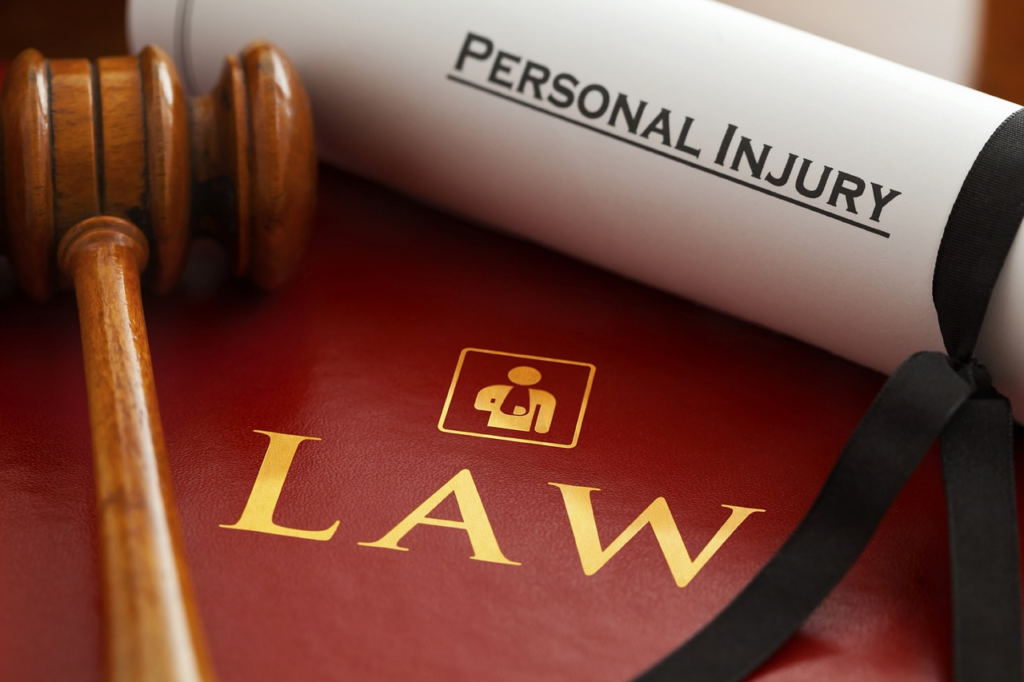Imagine the wind in your hair and anticipation building as you embark on a well-deserved vacation. However, unforeseen circumstances can occur, such as a car accident on your vacation. But suddenly, everything changes in an instant.
A careless driver runs a red light, crashing into your car, shattering the tranquility of your getaway. As the shock settles in, panic and confusion take hold. What should you do? How can you navigate this unexpected detour on your vacation journey?
In this blog post, we’ll explore the essential steps to take if you are in a car accident while on vacation, empowering you with the knowledge to handle the situation confidently and minimize the disruption to your much-anticipated getaway.
Table of Contents
Report the Accident
Once you’ve collected your thoughts and ensured the safety of yourself and any passengers, the first crucial step after a car accident on your vacation is to report the incident. Contact the local authorities immediately and provide them with accurate details about the accident. Reporting the accident is vital for several reasons, whether it’s a minor fender bender or a more severe collision.
It helps create an official record of the incident, ensures that necessary medical assistance is dispatched if required, and allows the insurance process to proceed smoothly. Documentation is essential when dealing with car crash claims and filing insurance paperwork. Ensure to work with your lawyer to avoid confusion with your case.
Seek Medical Attention
Your health and well-being should always be a top priority, especially after a car accident on your vacation. Regardless of how minor or major the collision may seem, seeking immediate medical attention is crucial. Even if you don’t notice any visible injuries or feel significant pain initially, some injuries, such as whiplash or internal trauma, may not manifest symptoms immediately.
Promptly visiting a medical professional will ensure that any hidden injuries are identified and treated before they worsen. Additionally, obtaining a medical report documenting your injuries can strengthen any potential insurance claims. Remember, your health is paramount, so don’t hesitate to seek medical care following a car accident during your vacation.
Collect Information and Document the Accident Scene
It’s crucial to collect relevant information and document the accident scene. Start by gathering the contact details, names, and insurance information of all parties involved in the accident, including witnesses. Take photos or videos of the accident scene, capturing the positions of the vehicles, damage sustained, and any visible road conditions or traffic signs. These records can serve as valuable evidence during insurance claims or legal proceedings.
Additionally, note down important details such as the date, time, location, and weather conditions at the time of the accident. The more comprehensive your documentation, the stronger your case will be when seeking compensation or resolving disputes related to the incident.
Get Legal Advice from an Attorney
After experiencing a car accident during your vacation, it’s wise to seek legal advice from an attorney specializing in personal injury or car accident cases in the region. Consulting with a legal professional can provide valuable guidance and protect your rights throughout the process.
An attorney will help you understand your legal options, navigate insurance claims, negotiate with the parties involved, and pursue appropriate compensation for your injuries, damages, and other losses. They can also handle any potential legal complexities and ensure you are treated fairly. Don’t underestimate the importance of having a knowledgeable advocate during this challenging time.
Contact Your Insurance Provider
A critical step after a car accident on your vacation is to contact your insurance provider as soon as possible. Reporting the incident promptly to your insurance company is essential to initiate the claims process. Provide them with accurate and detailed information about the accident, including the date, time, location, parties involved, and any other relevant details. Be prepared to answer their questions and provide any required supporting documentation.
Your insurance provider will guide you through the claims process, evaluate the damages, and work toward a resolution. Promptly contacting your insurance provider ensures you receive the necessary support and can effectively navigate the accident’s aftermath.
Also Read: Solo Travel in Spain: Tips for a Safe and Enjoyable Trip
Review Expenses and File Claim Forms

In the aftermath of a car accident on your vacation, it’s crucial to review your expenses and file the necessary claim forms with your insurance provider. Keep track of all expenses related to the accident, including medical bills, vehicle repairs, towing fees, and any other costs incurred directly from the incident. This documentation will serve as evidence when filing your insurance claim.
Carefully complete the claim forms provided by your insurance company, ensuring accuracy and thoroughness. Attach all relevant supporting documents, such as medical reports, repair estimates, and receipts. Filing your claim promptly and providing comprehensive documentation will help expedite the claims process and increase your chances of receiving appropriate compensation for your losses.
In the unfortunate event of a car accident during your vacation, it’s crucial to stay calm, prioritize your safety and well-being, and take the necessary steps to protect your interests. Reporting the accident, seeking medical attention, collecting information, consulting with an attorney, contacting your insurance provider, and reviewing expenses are essential actions to take. By following these steps, you can confidently navigate the aftermath of the accident and increase your chances of receiving the support, compensation, and resolution you deserve. Remember, being prepared and proactive can help minimize the disruption to your vacation and set the stage for a smoother recovery process.
